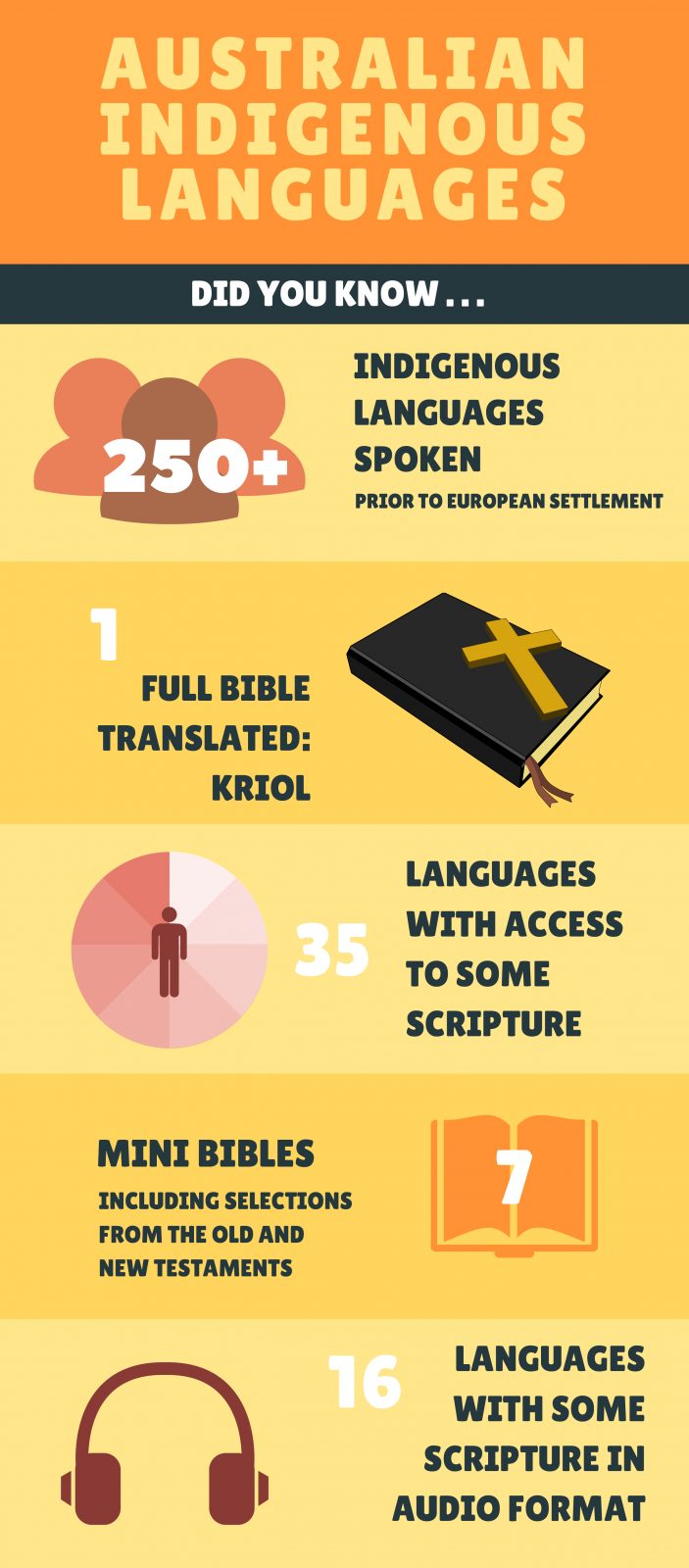MAD: An eye-opening adventure
By Deb Fox | Wycliffe Today Autumn 2024
 Wycliffe Australia runs MAD (Ministry, Adventure and Discovery) short-term trips that provide an opportunity to visit Indigenous Australian communities where Bible translation, Scripture engagement and gospel work is taking place. David and Lyn Wake, along with Lyn and the late Chester Street, have been bringing teams in a bus from Melbourne to a number of locations throughout Northern and Central Australia since the MAD trips began in 1998. They are always amazed by what God does to bring the teams together and reflect his heart for Indigenous communities to understand his Word in the languages they understand best.
Wycliffe Australia runs MAD (Ministry, Adventure and Discovery) short-term trips that provide an opportunity to visit Indigenous Australian communities where Bible translation, Scripture engagement and gospel work is taking place. David and Lyn Wake, along with Lyn and the late Chester Street, have been bringing teams in a bus from Melbourne to a number of locations throughout Northern and Central Australia since the MAD trips began in 1998. They are always amazed by what God does to bring the teams together and reflect his heart for Indigenous communities to understand his Word in the languages they understand best.
This MAD trip was much like what I had heard from others who had done the trip before me. The first outcome for me was getting an in-depth understanding of the heart for reaching the Aboriginal communities with the good news of Jesus Christ. Secondly, the depth of relationship with fellow MADites, sharing with each other our journey of faith. I would certainly recommend this trip to others.
–Johann
Many times I was out of my comfort zone. It was eye-opening entering the first Aboriginal community in the sort of environment that ordinarily I would not have entered. Team leader, David Wake, made contact with the local pastor and was sitting with him. I decided to reach out and join the gathering. What I discovered was a pastor with a real heart for his people and their welfare. I discovered the challenges of getting appropriate health care in such an isolated community. We were able to pray for the people of the community and share our spiritual journeys. It was a wonderful experience that I am glad that I had the opportunity to be a part of. I would have totally missed what God had in store for me if I had not been able to go.
–Andrew
A highlight for me was to visit parts of Australia where less than 0.001% of the population has ever been, such as Canteen Creek. I loved connecting with the people there. We live in pristine houses with manicured gardens, yet we don’t know who our neighbours are or what our heritage is beyond a few generations. In stark contrast, Aboriginal communities are all about relationships. It was great to experience how Bible translation is helping people understand who God is and allowing his Spirit to effect change in hearts. The trip changed my perspective from a cerebral discussion about communities far away to a heart-warming experience and a deeper empathy for my fellow Australians.
–Stewart
The 2024 MAD trip is designed for Chinese speakers to learn more about Bible translation taking place in Indigenous Australian communities. It is planned for 23 September – 5 October 2024. For more information, visit https://wycliffe.org.au/events/go-mad-ch/. For enquiries about 2025 MAD trips, please contact https://wycliffe.org.au/eventtype/mad/.
Photos: David Wake and Stewart Henderson



 Thanks for your patience...
Thanks for your patience...